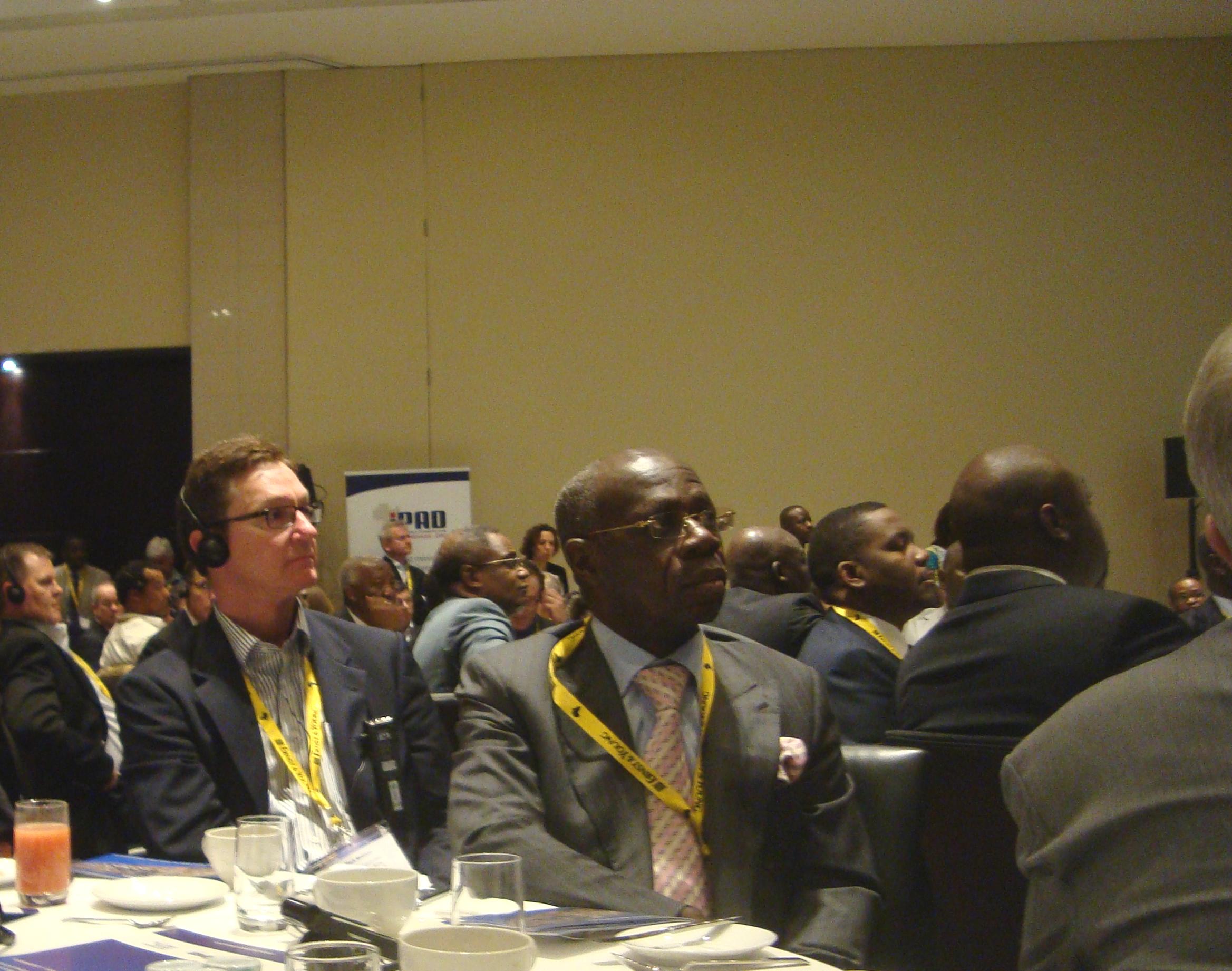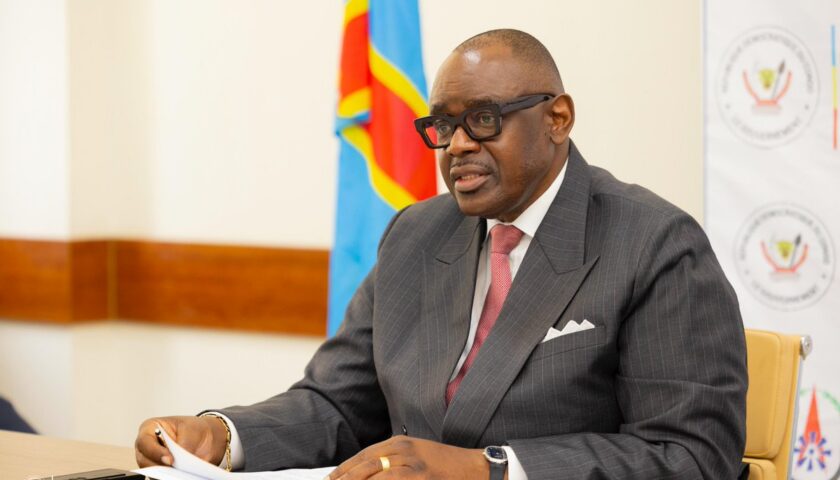The IMF said it is ready to open talks with the Democratic Republic of Congo on a new support programme after Kinshasa provided more details on a controversial mining deal that led to the last loan programme being scrapped.
The IMF pulled the plug on the previous $530 million programme in December after the African country failed to provide sufficient details on the cession of mining assets by state miner Gécamines.
« The DRC authorities have posted the affidavit on the Comide transaction clearing the way for fund re-engagement in a programme context, » Oscar Melhado, the IMF’s representative to Congo, said in an emailed response to queries from Reuters.
The IMF had been asking for clarification over how Gécamines ceded its 25 percent stake in the Comide Sprl copper project to Straker International Corp, a British Virgin Islands-based company, in July 2011.
Previous attempts to explain the deal had failed to meet the IMF’s requirements, but a May 7 affidavit, seen by Reuters and signed by both the mines minister Kabwelulu and and the president of the Gécamines board Yuma, was sufficient to open discussions on starting a new deal, Melhado said.
« While the publication of the affidavit allows the fund to move forward with a new programme, there still remain weaknesses in governance and transparency in the management of mineral resources, » Melhado said in the email.
Congo has some of the largest copper deposits in the world and has attracted increasing interest from major mining companies. However its extractive sector remains murky and the international transparency initiative EITI last month suspended Congo for failing to adequately disclose all its revenues from the sector. Yuma and Kabwelulu didn’t immediately respond to Bloomberg e-mails and messages left on their mobile phones seeking comment. The cancellation also postponed consideration by the African Development Bank of a possible $87 million in budget support to the central African country.
Congo, the eighth-largest copper producer in 2012, tied for last in this year’s UN Human Development Index, measuring indicators of poverty, health, education, and gender equality. The government of President Joseph Kabila has repeatedly vowed to tackle corruption and clean up the business environment, but the country this year slipped one place to fifth last in the World Bank’s ease of doing business rankings.
By Bloomberg & Reuters




